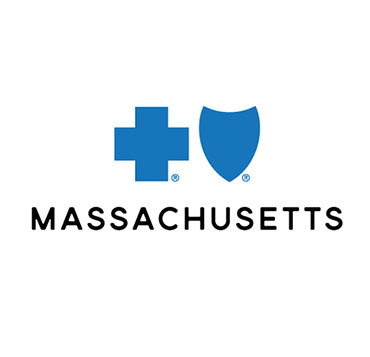BOSTON, March 12, 2018 /PRNewswire-USNewswire/ -- Massachusetts residents rate the opioid epidemic as the most serious problem facing the state today, far outpacing other issues including jobs, the economy or health care costs, according to a new opinion poll released today by Blue Cross Blue Shield of Massachusetts ("Blue Cross"). The poll, conducted in January 2018 by Anderson-Robbins Research, finds significant differences in how residents across the Commonwealth view this public health epidemic, its causes and potential solutions. The crisis is personal for most adults in Massachusetts - a majority know someone who has been addicted, and 1 in 4 know someone who died of an opioid overdose. Very few think things are getting better.

Other key findings include:
- Legally prescribed drugs are seen as fueling the epidemic more than illegal drugs. Half of respondents think current regulations make strong prescription painkillers too easy to get in Massachusetts; very few think they are too difficult to get.
- Most respondents think those with opioid use disorder are at least somewhat to blame for their addiction. A lack of desire to give up the addiction is viewed as the biggest barrier to recovery.
- Rural communities across Massachusetts feel particularly vulnerable.
"These findings reveal that while we've made strides in addressing the opioid epidemic, we as a state clearly have a great deal of work to do," said Andrew Dreyfus, president and CEO of Blue Cross Blue Shield of Massachusetts. "This is a complex issue with many contributing factors and no one clear solution. We have a shared responsibility to explore innovative ways to address the unique needs of this public health crisis and ensure that individuals have timely access to treatment."
When asked about ways to address the opioid crisis in Massachusetts, 88% of respondents said that adding education about opioid and prescription painkiller addiction to school curriculums is an excellent or good idea. Warnings from doctors to patients about risks, medication management programs, and increasing access to treatment programs were also viewed as measures that would help stem the epidemic.
"We've known for some time that this crisis is particularly acute in Massachusetts," noted Dr. Ken Duckworth, medical director for behavioral health at Blue Cross Blue Shield of Massachusetts. "What surprised us about these results is that so many people are still of the mindset that addiction is a conscious choice or moral failing rather than a chronic, relapsing disease that affects both the body and brain. If we're going to address this issue in a meaningful way and get those in need on the path to treatment and recovery, we need to do a better job of reducing the stigma around opioid use, as it's frequently a barrier to treatment and recovery."
The full survey results can be found here.
Data tables with demographic and regional subgroup results can be provided upon request.
Methodology
We interviewed 601 Massachusetts adults as part of this poll. Interviews were conducted by trained professionals working from a central, monitored location between the dates of January 9 and 15, 2018. Telephone numbers were randomly selected using a random digit dial methodology and a probability proportionate to size approach, meaning numbers are proportionally representative to the number of adults in each region of the state. Respondents were contacted on both landlines (300) and cellphones (301). The overall results have a margin of error of ±4.0%; the margin of error within individual subgroups is higher.
About Blue Cross Blue Shield of Massachusetts
Blue Cross Blue Shield of Massachusetts (bluecrossma.com) is a community-focused, tax-paying, not-for-profit health plan headquartered in Boston. We're the trusted health plan for more than 25,000 Massachusetts employers and are committed to working with others in a spirit of shared responsibility to make quality health care affordable. Consistent with our corporate promise to always put our 2.8 million members first, we're rated among the nation's best health plans for member satisfaction and quality. Connect with us on Facebook, Twitter, YouTube, and LinkedIn.
SOURCE Blue Cross Blue Shield of Massachusetts
